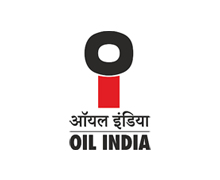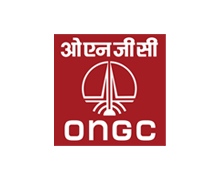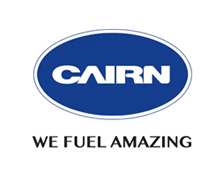Our Partners





Corporate Social Responsibility (CSR) in Dr. B. R. Ambedkar Konaseema District, as in many other regions, plays a crucial role in contributing to the social and economic development of the local communities. CSR activities in this district are typically undertaken by companies operating in the region, especially those in industries like agriculture, aquaculture, and small-scale manufacturing. Here’s an overview of the CSR initiatives commonly seen in the district:
Key Focus Areas for CSR in Dr. B. R. Ambedkar Konaseema District:
School Infrastructure : Companies often contribute to improving school infrastructure by building classrooms, providing educational materials, and supporting digital education initiatives.
Scholarships : CSR funds are also used to provide scholarships to underprivileged students, enabling them to continue their education, particularly in higher education and vocational training.
Skill Development : There are initiatives aimed at skill development, particularly for youth and women, to enhance employability in the local industries.
Medical Camps : Regular health camps, including eye camps, general health check-ups, and specialized medical camps, are organized as part of CSR initiatives. These are often focused on rural areas with limited access to healthcare facilities.
Infrastructure Support : Companies might support local healthcare facilities by providing medical equipment, ambulances, or renovating existing health centers.
Awareness Programs : CSR initiatives also include health awareness campaigns, focusing on issues like sanitation, maternal health, nutrition, and disease prevention.
Tree Plantation Drives : To maintain the ecological balance in the district, companies often undertake afforestation programs, including planting trees along riverbanks, roadsides, and in schools.
Water Conservation : Given the district’s reliance on agriculture, CSR activities often include water conservation projects such as building check dams, rainwater harvesting systems, and promoting efficient irrigation techniques.
Waste Management : Initiatives related to solid waste management, especially in urban and semi-urban areas, are also part of CSR efforts to maintain environmental health.
Infrastructure Development : CSR projects often focus on the development of rural infrastructure, including building roads, providing electricity, and improving sanitation facilities in villages.
Livelihood Support : Programs aimed at enhancing the livelihoods of farmers, fishermen, and artisans are common, including providing training, financial assistance, and access to markets.
Women Empowerment : Many CSR initiatives target women’s empowerment by supporting self-help groups, providing vocational training, and promoting entrepreneurship among women.
Flood Relief : Given the district’s location in a delta region, it is prone to floods. CSR funds are often used to provide immediate relief during natural disasters, including food, shelter, and medical assistance.
Rehabilitation Efforts : Post-disaster rehabilitation, such as rebuilding homes, restoring livelihoods, and providing psychological support, is also a focus area for CSR activities.
Cultural Preservation : Companies sometimes support the preservation of local arts, crafts, and cultural heritage by organizing festivals, supporting local artists, and promoting traditional crafts through exhibitions and sales.
Heritage Conservation : CSR activities may also include the restoration of historical sites and temples, which are integral to the cultural identity of the region.




